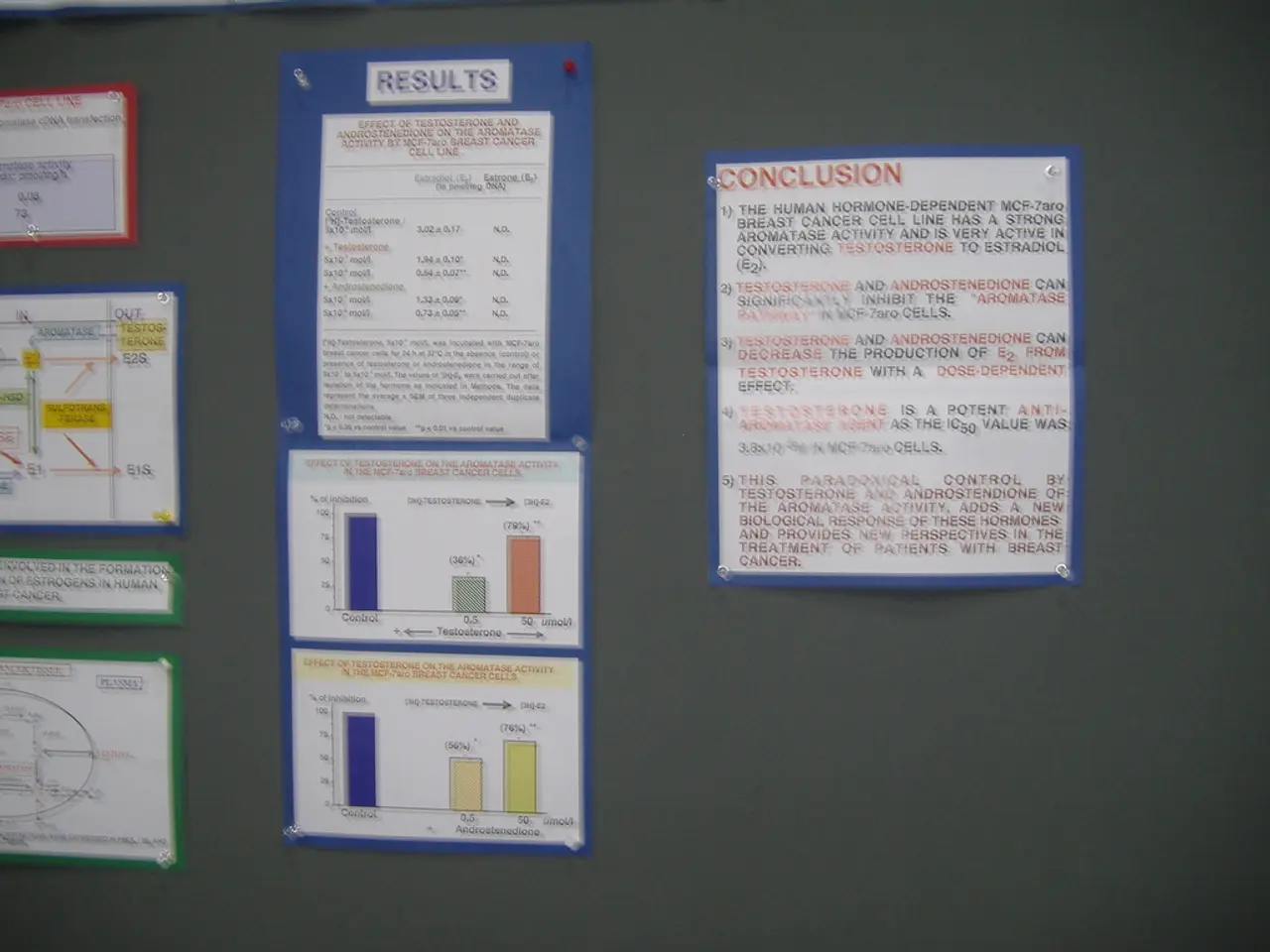Guide to Achieving Success in the IB's Internal Assessment for Diploma Programme
The Internal Assessment (IA) is a crucial component of the International Baccalaureate (IB) Diploma Programme, accounting for 20-30% of the final subject grade depending on the course. This structured investigative project, tailored by subject requirements, fosters independent research, critical thinking, and communication skills, while playing a key role in the overall IB Diploma grading and university preparation.
### Requirements of an IB IA
The IA process begins with formulating a clear, focused, and investigable research question relevant to the subject syllabus. Students then develop a detailed, logical method, including background research, clear variables, materials needed, step-by-step procedures, and safety considerations. Systematic data collection follows, with appropriate techniques used for processing while accounting for uncertainties and significant figures.
Most IAs are evaluated along multiple criteria, such as personal engagement, exploration, analysis, evaluation, communication, and presentation. Word limits and format also play a significant role, with specific guidelines provided for each subject.
### Benefits of Completing an IA
The IA offers numerous benefits, including developing independent research skills, enhancing critical thinking and analytical abilities, improving communication skills, and contributing significantly to the final grade. The experience supports students’ readiness for university-level projects and research, recognized by higher education institutions worldwide for its rigor.
### Approach to Writing a Great IA
The step-by-step guide to writing a great IA includes defining a focused research question, planning and conducting an investigation, analyzing and interpreting data, drawing conclusions and reflecting, and structuring and formatting the report. Tools like Desmos, GeoGebra, or Excel can be used for visualizations in IAs.
### Key Considerations for IAs
Each IA is subject-specific, ranging from Sciences (Biology, Physics, Chemistry), Mathematics (AA/AI), Humanities (History, Geography), Languages, Arts (Visual Arts, Music), and more. Most IAs range from 2,000 to 3,000 words, depending on subject requirements. IAs showcase a student's ability to analyze, evaluate, and communicate ideas effectively through a long-form report, project, or oral presentation.
Each IA is internally assessed by teachers and moderated by IB examiners. RevisionDojo offers support for topic selection, structure, and evaluation sections, as well as an IA Grader tool for AI-powered feedback aligned with IB rubrics. The IB Internal Assessment (IA) mirrors university-style research projects, preparing students for independent study and scholarly writing at higher education levels.
### Best Practices for IAs
It is essential to confirm feasibility before changing an IA topic midway to save time. In sciences, data collection can be shared, but each IA must be written independently. IAs have strict word count limits, usually 2,200 to 3,000 words depending on subject. IA planners can be used to track deadlines and structure IAs effectively.
Examples of IAs across subjects include the IB History IA assessing the significance of the Treaty of Versailles on WWII, the IB Biology IA analyzing the impact of different sugar concentrations on yeast respiration, and the IB Math IA exploring the mathematics behind encryption algorithms.
Completing an IA builds key academic and life skills such as critical thinking, research methodology, data analysis, academic writing, and time management. These skills are not only valuable for academic success but also for personal growth and future careers.
Education-and-self-development can be achieved through the completion of an Internal Assessment (IA), which is a vital component of the International Baccalaureate (IB) Diploma Programme. Online-education resources like Desmos, GeoGebra, or Excel can be beneficial for visualizations in an IA, helping to facilitate effective learning and self-improvement.




